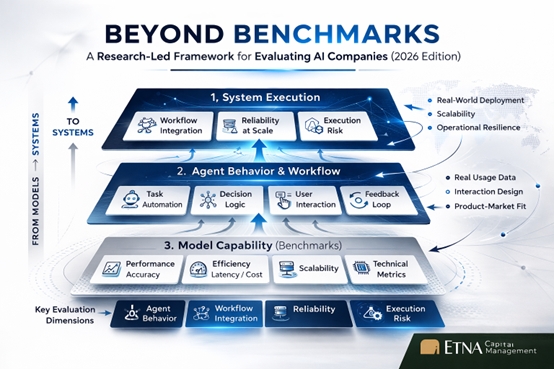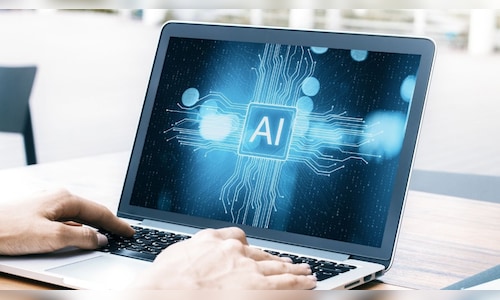In this current era, the echoes of the industrial revolution continue to resonate, profoundly shaping the technological landscape that now defines modern society. This period, marked by the rise of the internet and artificial intelligence, signifies not just a continuation but an evolution of the transformative forces of history. While change remains a constant, the exact nature of this change is ambiguous and uncertain. Digital technologies have usurped old paradigms, democratizing the means of production and distribution. This monumental shift has dismantled the foundational elements of the industrial framework, establishing a new model in which the distribution of digital technologies is free, eradicating transaction costs and revolutionizing interactions with users across the globe.
This decentralization has catalysed a fundamental alteration in the competitive landscape. In the analogue age, power was intricately linked to the control over scarce resources; the economy and social structures revolved around these scarcities. In contrast, the digital world is characterized by an abundance of resources. Here, the challenge is not the acquisition of resources, but the ability to sift through the overwhelming abundance to discover what is truly desired. The locus of competition has shifted towards prioritizing user experiences and addressing their specific preferences, compelling companies to innovate continuously in user interface and satisfaction.
Reflecting on specific industrial transformations, the depth of these shifts becomes clear. Entities like Google, Amazon, and Netflix have not merely adjusted but completely redefined their operational frameworks. Google has fragmented the concept of publications into discrete, searchable entities; Amazon has transformed logistics into a primarily customer-centric endeavour; Netflix has redefined media consumption from a passive activity to an active, personalized selection. These changes transcend the technological; they represent a philosophical shift, heralding a transition from a world constrained by limited options to a universe where individual preferences mould the market.
However, this transformative journey is fraught with complexities and challenges. The widespread democratization and decentralization of technology challenge the very fabric of established norms concerning privacy, values, and traditional economic livelihoods. As digital influences permeate every facet of human interaction, previous constraints are dismantled, leading to a blurring of the distinctions between expert and amateur, quality and mediocrity. The omnipresence of the internet, while facilitating unprecedented levels of access and connectivity, also risks engendering a potential desensitization to depth and quality, as the sheer volume of content can overwhelm and dilute individual discernment.
Thus, the age that we inhabit is inherently dualistic, characterized by both significant losses and burgeoning opportunities. As the digital expanse flattens traditional hierarchies and distinctions, individuals are compelled to confront the paradoxes of their newfound freedoms. The ubiquity of platforms like Uber and Airbnb commoditizes services such as travel and hospitality, transforming them into universally accessible commodities, while the pervasive influence of algorithms shapes perceptions and interactions. Standing at this critical juncture, overlooking a landscape profoundly altered by digital innovation, the decisions made about the values and principles to uphold will crucially dictate the trajectory of humanity’s collective future in this boldly reimagined digital age.






